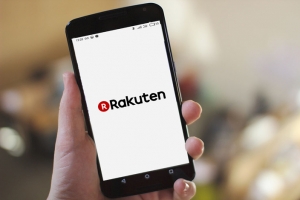Rakuten's Taiwan digibank was supposed to launch in the second quarter of 2020 but was delayed by the pandemic and then regulatory issues. Reportedly, the FSC was adamant that Rakuten and the other two virtual banks that will launch in Taiwan, Next Bank and Line Bank, take additional risk-control measures. Extra time was needed for all three of the banks to satisfy the regulator's requirements. Next Bank and Line Bank are still awaiting the green light.
In Taiwan's conservative financial services environment, digital banks must tread carefully lest the regulator reprimand them about irresponsible business practices. The gung-ho disruptive style of European neobanks like Revolut, Monzo or N26 would never fly in Taiwan.
In December 2020 FSC Chairman Thomas Huang said, "It is tolerable for the virtual banks to offer better rewards or prices shortly after they begin operating, but we would not allow them to make it a long-term strategy."
He added, “It would be meaningless if they expand their business by initiating a price war."
Huang surely has observed the strategies of digibanks in neighboring markets like Hong Kong and Australia, where the upstarts have sought to rapidly bring customers onboard with subsidies. The FSC wants to send a message to Rakuten and its counterparts to not rely on cash-burning gimmicks as a pillar of customer acquisition strategy.
With that in mind, Rakuten has emphasized that it will offer deposit rates in line with the market standard and focus on cultivating a niche with customers who already use the company's massive e-commerce ecosystem.
The neobank intends to sign up 500,000 digital savings accounts in its first year of operation. If it reaches that goal, Rakuten will surpass incumbent banks O-Bank Co and Bank SinoPac, which respectively had about 442,000 and 472,000 such accounts as of June 2020. Taishin International Bank has 2.1 million digital savings accounts, the most in Taiwan, according to The Taipei Times.
Auguring well for RICB: It can tap the internet banking acumen of Rakuten Bank, which includes "high levels of integration in information technology systems and risk management practices," Fitch Ratings said in a recent research note.

